In the foreign exchange market, Forex regulatory organization play a very important role. Specifically, these organizations help ensure that the Forex market operates fairly and transparently, while also protecting the interests of traders. So, which are the most reputable Forex regulatory organizations today? Let’s explore in the article below!
What is a Forex Regulatory Organization?
Forex regulatory organization is a national or regional financial authority responsible for supervising and regulating the activities of Forex brokers. These are legal entities empowered by the government to:
- Issue licenses to Forex brokerage firms.
- Establish standards and regulations related to minimum capital requirements, client fund segregation, order execution procedures, etc.
- Monitor, inspect, and impose sanctions on brokers that commit fraud or violations.
In other words, Forex regulators act as “gatekeepers,” ensuring brokers operate transparently and securely for investors.
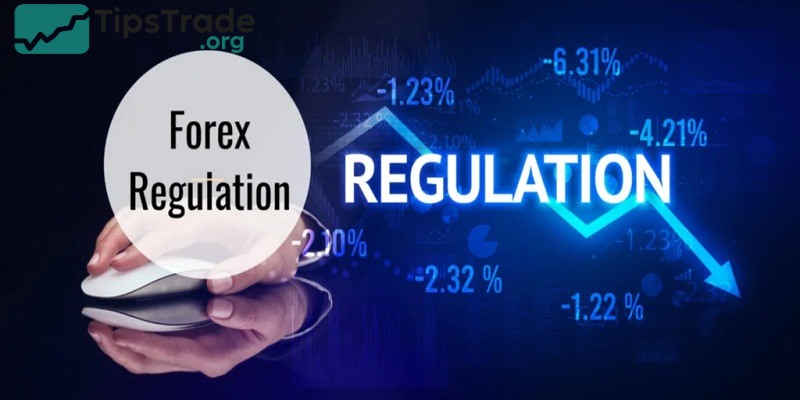
>>See more:
- What is Forex? The Complete Guide for Beginners
- Learn Forex – Beginner’s Guide to Start Trading Successfully
- List of Top forex brokers in 2025 – Most Trusted and Reliable
- Forex Capital Management Tips: The Key To Success For Professional Traders
Why should traders care about the Forex Regulatory Organization?
Forex is known as one of the fastest-growing financial markets. The number of brokers and investors participating is increasing every minute, along with the variety of assets, products, and trading methods.
With a daily trading volume that can reach up to $7 trillion, the Forex market stands out for its massive scale. However, due to the absence of a centralized authority, it has also become vulnerable to abuse. Many illegal brokers have emerged, luring traders to open accounts. Once enough funds flow in, these brokers may abscond with client money or manipulate technical systems against traders.
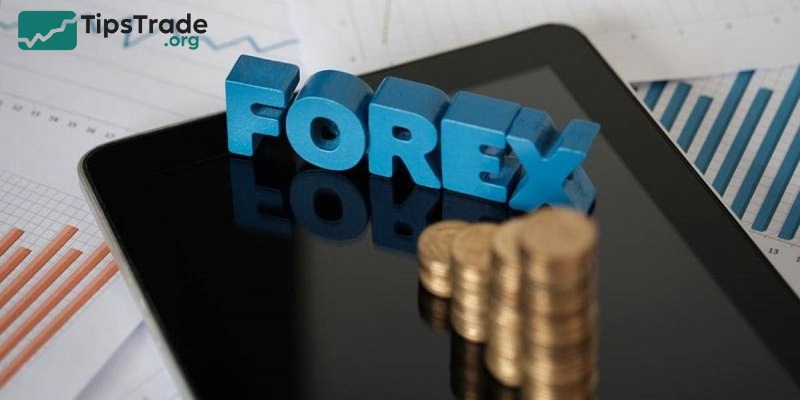
This situation has damaged the reputation of the trillion-dollar Forex market. That’s why Forex regulatory organizations were established—to strictly oversee and control all brokerage activities.
These organizations also re-evaluate licensed brokers, enforce auditing procedures, and ensure compliance with industry standards. Additionally, they serve as “arbitrators” in disputes between brokers and traders, protect investors through compensation schemes, and address fraud or misconduct cases.
>>See more:
- What are exchange rates? How to read and analyze rates in Forex
- The Impact of Central Bank vs Forex – Understand to Invest Effectively
- Interest rate forex impact: How it affects currency value
Top Forex Regulatory Organizations in the world
In the content below, Tipstrade.org will introduce to you the top Forex regulatory organization that are highly appreciated for their transparency and top level of investor protection today:
FCA – Financial Conduct Authority (UK)
Launched on April 1, 2013, the FCA replaced the FSA, which failed to maintain financial stability during the 2008 crisis.
The FCA supervises, regulates, investigates, and enforces rules across UK financial markets, including Forex. It also cooperates with the Bank of England and the Prudential Regulation Authority (PRA) to strengthen oversight.
To obtain an FCA license, Forex brokers must meet strict capital requirements:
- £50,000 for restricted brokers.
- £125,000 for STP brokers.
- £730,000 for Market Makers.
FCA brokers must submit monthly, quarterly, and annual reports, plus daily capital adequacy reports. They are also limited to a maximum leverage of 1:30.
Investors trading with FCA-licensed brokers are protected by up to £85,000 compensation in case of broker insolvency.
Some FCA-licensed brokers include: Exness, FxPro, OANDA, XTB, XM, Forex.com, HYCM.
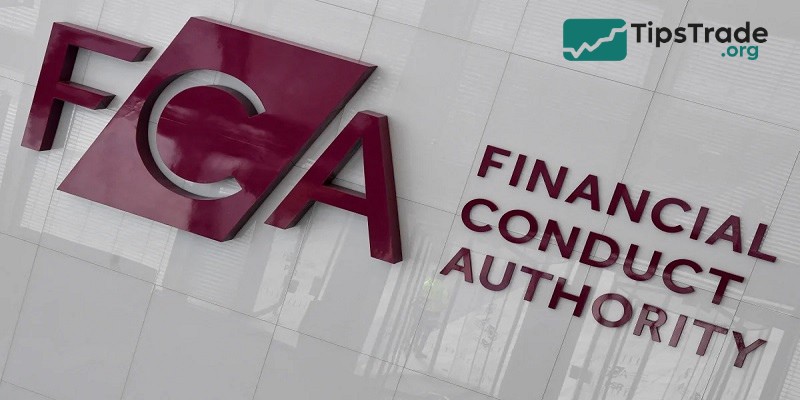
ASIC – Australian Securities and Investments Commission (Australia)
Established in 1998, ASIC is Australia’s leading financial regulator. Initially focused on pension funds, ASIC expanded in 2010 to oversee trustees, credit brokers, consumer finance, stock exchanges, and derivatives markets.
Brokers in Australia must hold an Australian Financial Services (AFS) license and comply with strict requirements, including:
- Minimum capital of AUD 1 million.
- A representative office in Australia.
- Compliance with Section 912A (1)(e) of the Corporations Act 2001.
- Professional indemnity insurance and investor compensation schemes.
- Segregation of client funds in Tier-1 banks.
Well-known ASIC-regulated brokers include: IG, IC Markets, Forex.com, OANDA, Saxo Bank, FXCM, FXOpen.
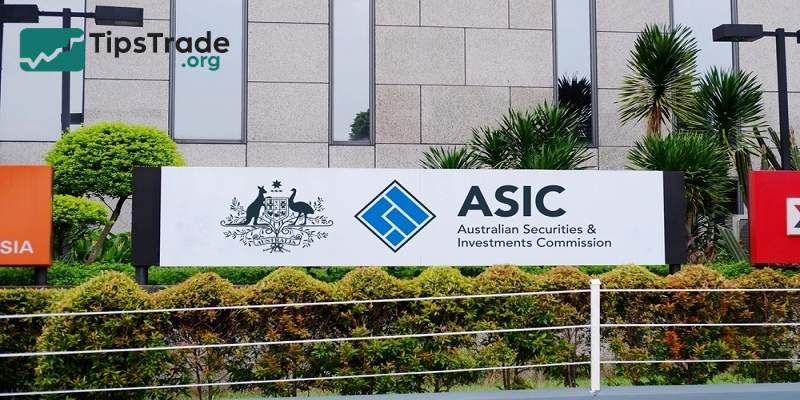
CFTC – Commodity Futures Trading Commission (USA)
Founded in 1974, the CFTC is an independent US authority that ensures stability, fairness, and transparency in commodity, futures, options, and Forex trading.
CFTC requires brokers to maintain at least $20 million in capital and submit regular financial reports.
The CFTC’s strict regulations strongly protect US traders from fraud and manipulation, although these strict rules sometimes discourage wider Forex participation in the US.
Some CFTC-regulated brokers: Forex.com, Interactive Brokers, TradeStation.
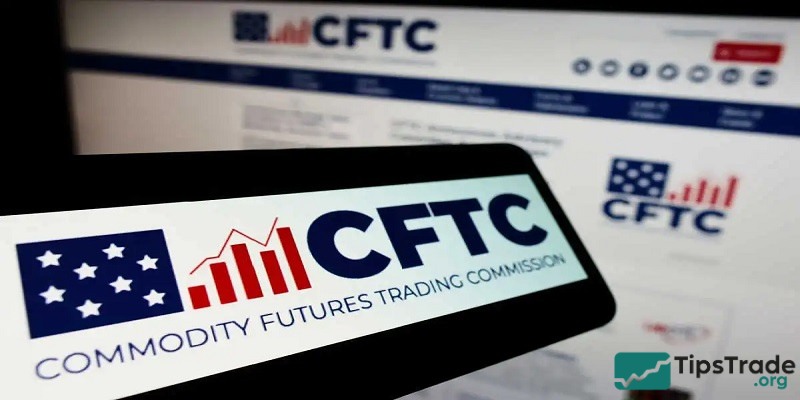
NFA – National Futures Association (USA)
Founded in 1982, the NFA is a self-regulatory body for the US futures market. Unlike government agencies, NFA funds its operations independently, but all activities are overseen by the CFTC.
NFA enforces strict compliance standards, including:
- Reducing maximum leverage from 500:1/1000:1 down to 50:1.
- Mandatory membership for all brokers operating in the US futures market.
- Strict transparency requirements, such as disclosure of client account numbers and profitability ratios.
Advantages of NFA regulation:
- Strict framework ensuring transparency and fairness.
- Fast dispute resolution (including FBI fingerprint checks for background verification).
- Legal enforcement against violating brokers.
However, the rigid rules have led to fewer broker options in the US, and many foreign brokers cannot offer services to US residents.
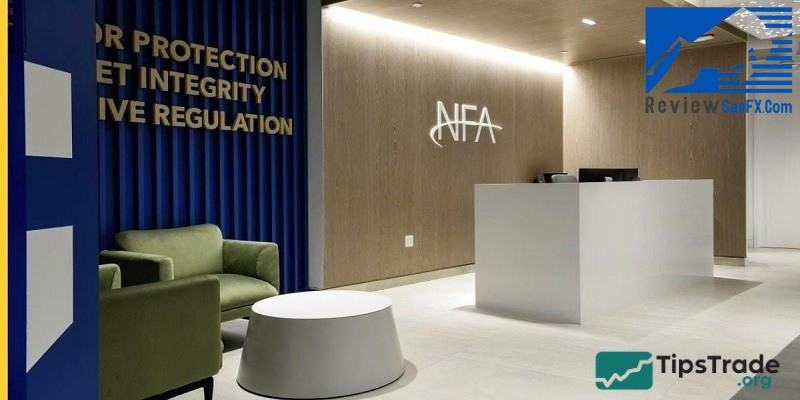
CySEC – Cyprus Securities and Exchange Commission (Cyprus)
Founded in 2001, CySEC initially attracted brokers due to its relatively easy licensing process. However, after aligning with EU MiFID regulations in 2004, CySEC has strengthened its credibility.
Since August 1, 2018, CySEC brokers must comply with new ESMA rules, requiring:
- Minimum capital of €750,000.
- Segregation of client funds in Tier-1 European banks.
- Regular financial reporting.
Additionally, CySEC brokers participate in the Investor Compensation Fund (ICF), offering up to €20,000 per client.
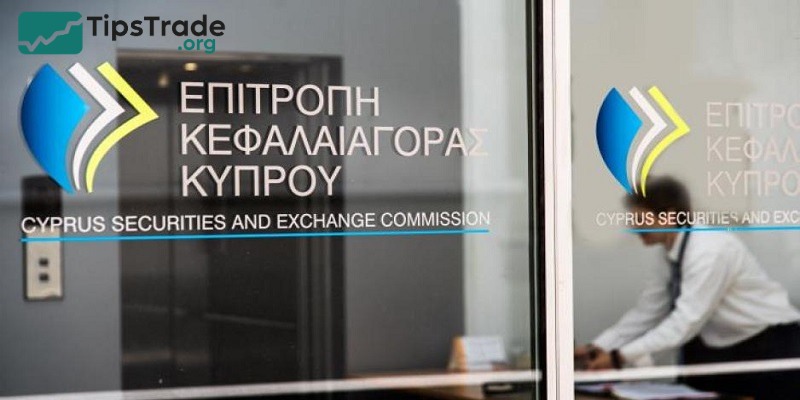
FINMA – Swiss Financial Market Supervisory Authority (Switzerland)
Formed in 2009 by merging the SFBC, FOPI, and AMLCO, FINMA is Switzerland’s financial watchdog.
FINMA requires Forex brokers to operate as banks, with a minimum capital of CHF 1.5 million, increasing with client deposits. Licensed brokers must also submit periodic financial reports.
Investors trading with FINMA-regulated brokers are protected by up to CHF 100,000 compensation.
Some FINMA-regulated brokers include: Dukascopy, Swissquote, CornerTrader.
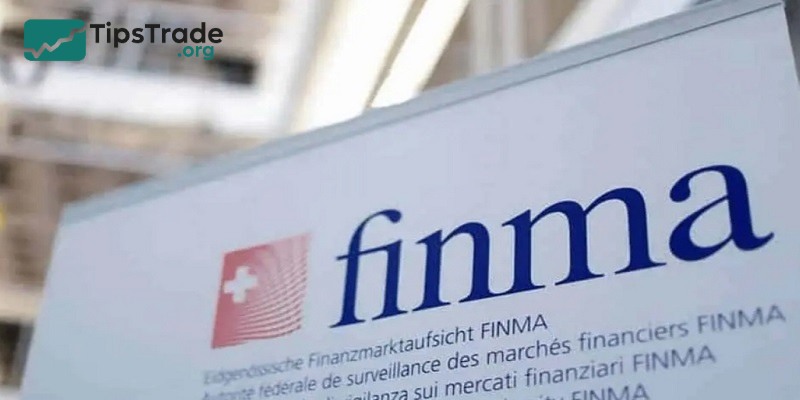
FAQs about Forex Regulatory Organization
- Is a Forex Regulatory Organization mandatory for all brokers?
No. Not every Forex broker is required to have a license from a Forex Regulatory Organization, especially in countries without a clear legal framework for Forex. However, reputable brokers usually register and comply with at least one Forex Regulatory Organization to prove transparency and build trust with traders.
- How can I verify if a broker’s license from a Forex Regulatory Organization is real or fake?
You can directly check on the official website of the Forex Regulatory Organization (for example: FCA, ASIC, NFA…). Each of them provides a “Register” section where you can search using the license number or company name. If no results appear or the data does not match, the license is likely fake or expired.
- Should I trade with a broker that is not under any Forex Regulatory Organization?
It is not recommended. Trading with an unregulated broker means you will not be protected in case of disputes, with a high risk of scams, price manipulation, or unfair practices. It’s always safer to choose brokers supervised by a recognized Forex Regulatory Organization such as FCA, ASIC, or NFA.
- Is a broker with multiple licenses from different Forex Regulatory Organizations better?
Generally, yes. A broker holding licenses from multiple Forex Regulatory Organizations proves that it meets strict standards across various markets. However, you should still pay attention to which license is considered the “core” and most valuable, since not all Forex Regulatory Organizations provide the same level of investor protection.
- Do Forex Regulatory Organizations provide insurance for traders’ funds?
Some major Forex Regulatory Organizations, like the FCA (UK) or FINMA (Switzerland), require their licensed brokers to participate in compensation schemes or insurance programs. This ensures that if a broker goes bankrupt, traders may still recover part or all of their funds. However, the coverage amount varies depending on the Forex Regulatory Organization and the country’s regulations.
Final thoughts
The article above from Tipstrade.org has just provided you with detailed information about Forex Regulatory Organization. We hope that you find it useful. Wishing you successful trading!

